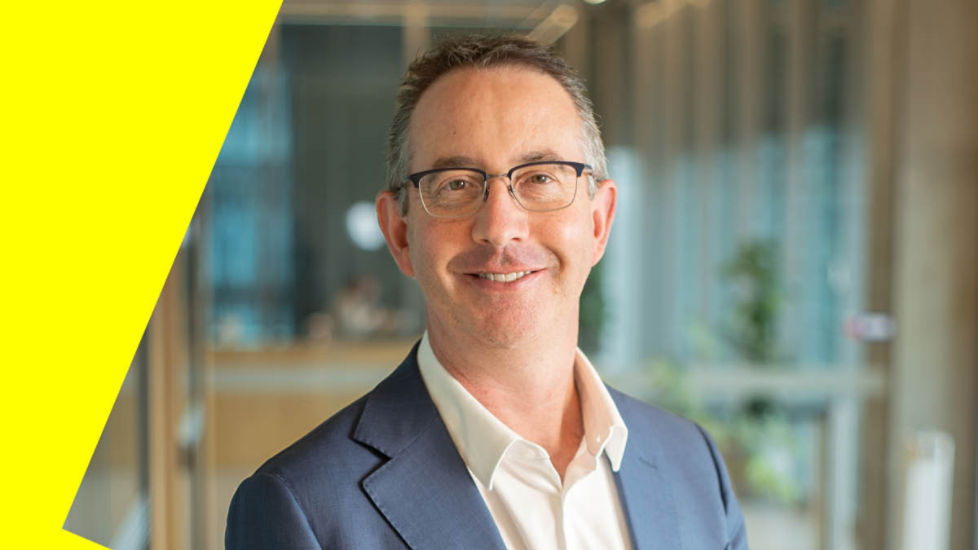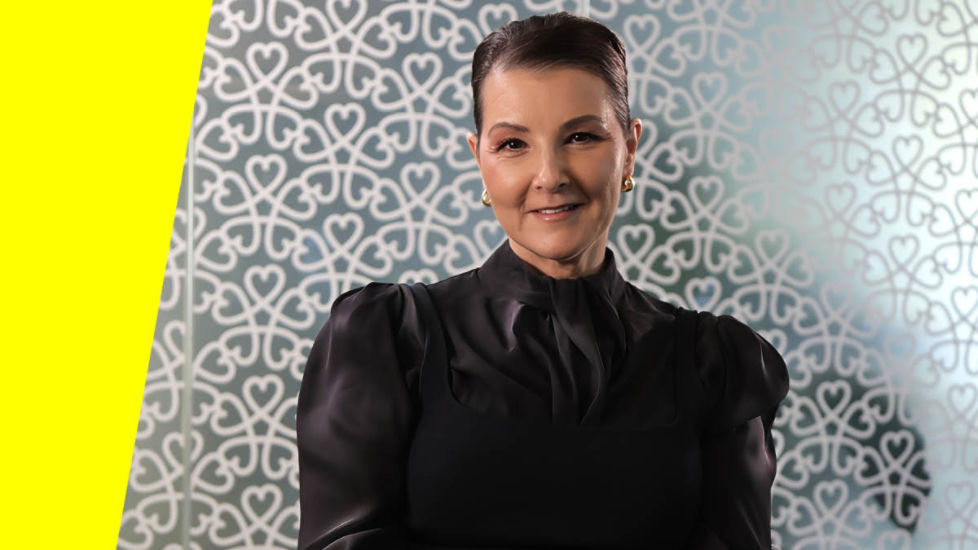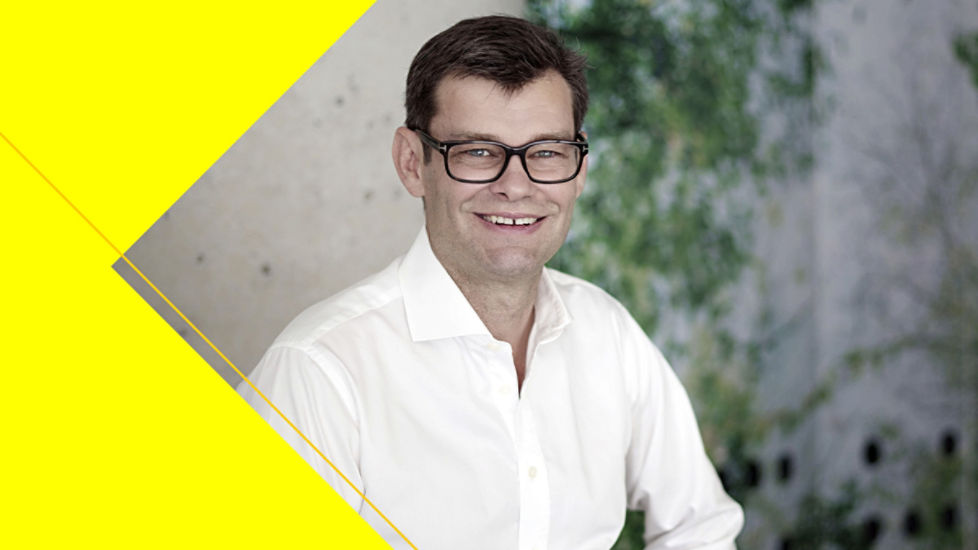How did that challenging period during the public inquiry into AusPost shape your leadership philosophy and approach as TGE CEO?
When I joined, it was almost the perfect timing. I’m naturally optimistic and focused on growth. After experiencing trauma, you can’t forget what happened, but you can learn from it. The key lesson for me is not whether bad things will happen — they will — but how you rise and conduct yourself afterward, as that’s what people will remember.
Looking back, what advice would you give your younger self as a first-time CEO?
Early in my time at Blackmores, something went wrong and it was all over the media. I felt overwhelmed and called the chair Marcus [Blackmore], asking him to come back from his holiday in Italy. He just said, “No, you’ll cope” and hung up.
It must’ve taken a lot to make that call.
It did. It was around 3am and I lost confidence in myself. But after some sleep, I woke up with a plan and called him back to confirm I could handle it. The lesson for first-time CEOs is that challenges will shake you but remember, you were hired for a reason. Trust your instincts and deal with problems as they come. What matters is how you navigate through them.
How do you plan to lead TGE in ESG, especially considering the challenges in the transport industry?
We want to be a global leader in sustainability and our decisions reflect this. A big cost decision was our partnership with ARENA [the government’s Australian Renewable Energy Agency, which funds renewable solutions]. Heavy transport accounts for about 20 per cent of carbon emissions, so we’re conducting Australia’s largest trial of a heavy electric logistics fleet, with 60 vehicles — 36 from Volvo and 24 from Daimler. It’s their largest order of this type. Without ARENA, we couldn’t have done it — and even with their support, it’s a negative ROI due to the high vehicle costs and lack of charging infrastructure in Australia. But if you’re committed to ESG, you have to take these risks.
Our efforts, like the FIFA Women’s World Cup and the ARENA partnership, have reshaped our brand, earning us recognition as a sustainable leader. Our relationship with Commonwealth Bank has also strengthened customer trust, validating our ESG strategy and finances.
"Our efforts, like the FIFA Women's World Cup and the ARENA partnership, have reshaped our brand, earning us recognition as a sustainable leader." - Christine Holgate, CEO Team Global Express





